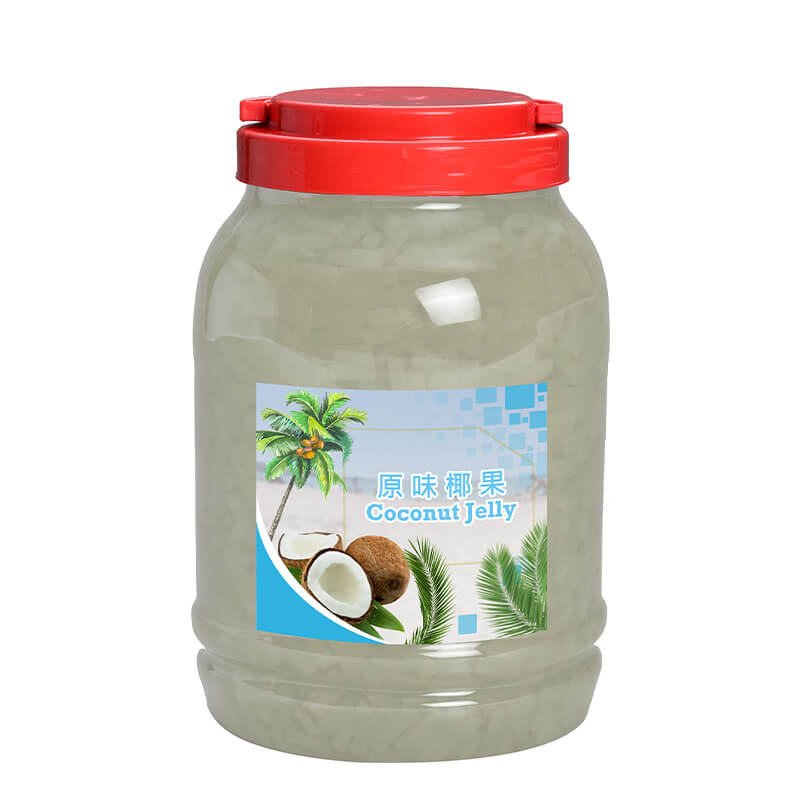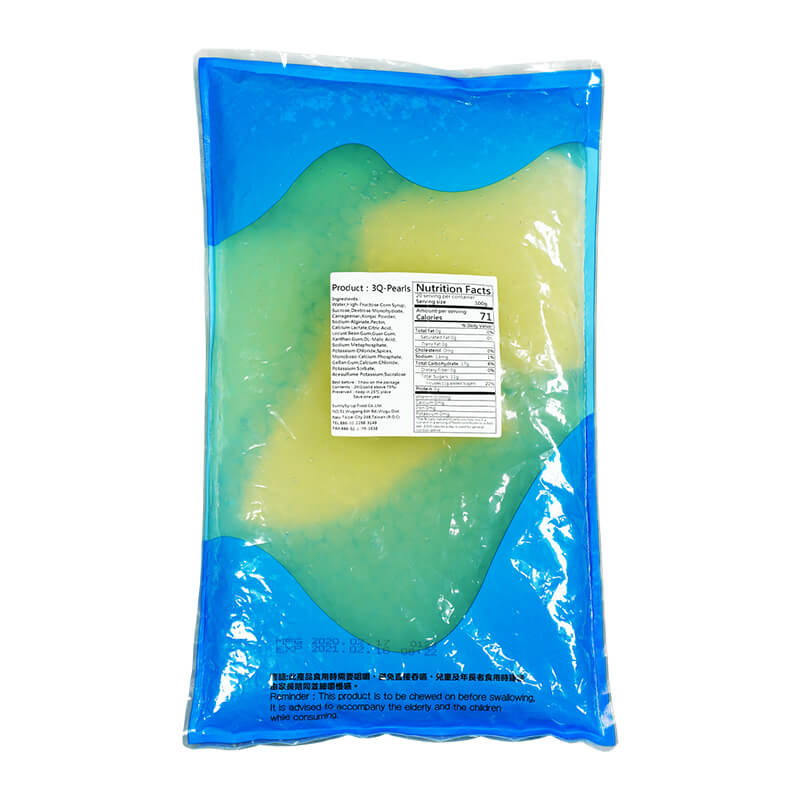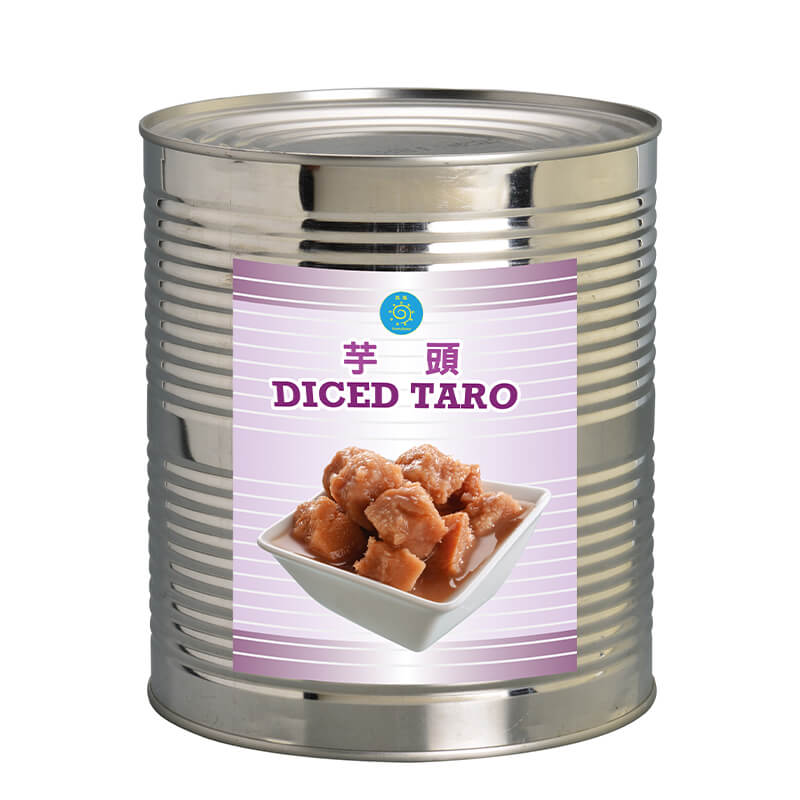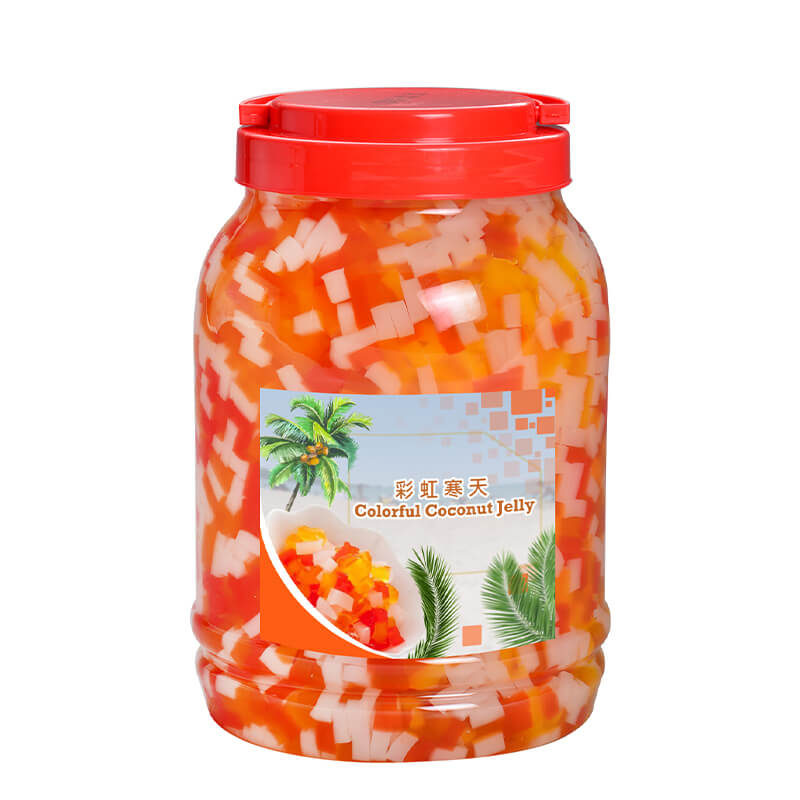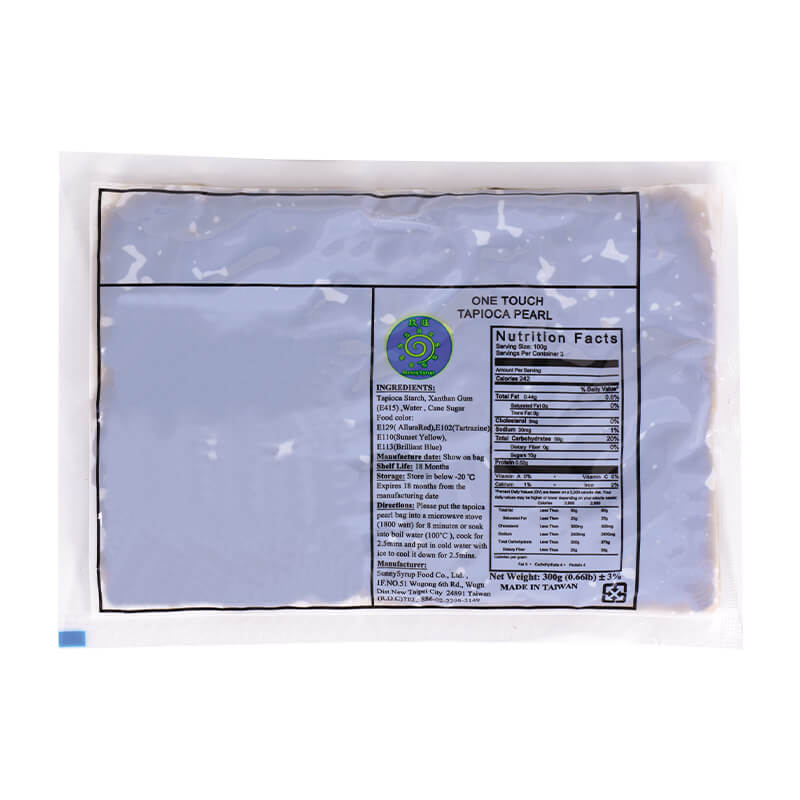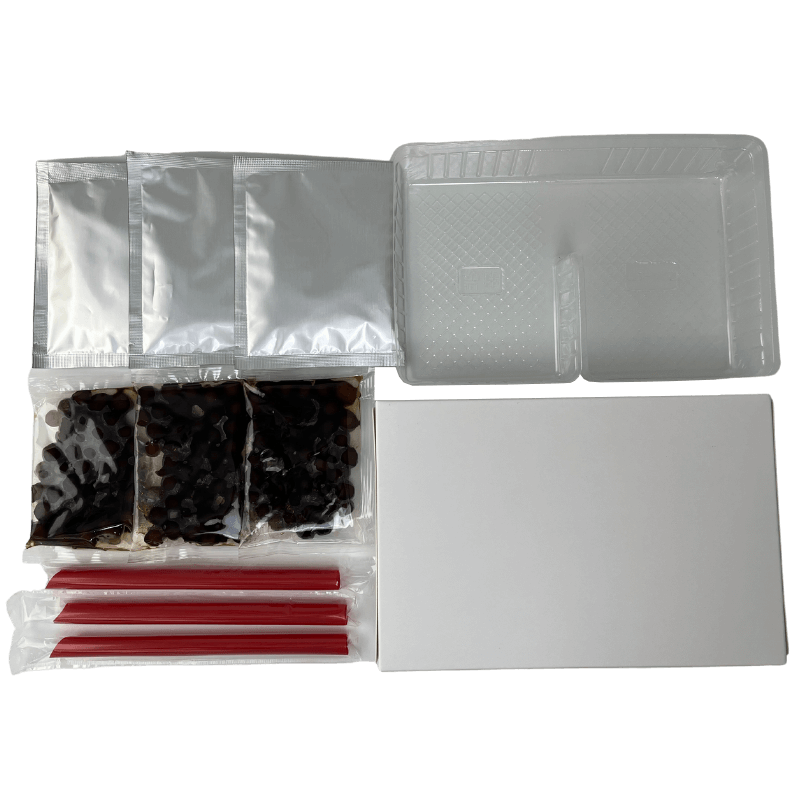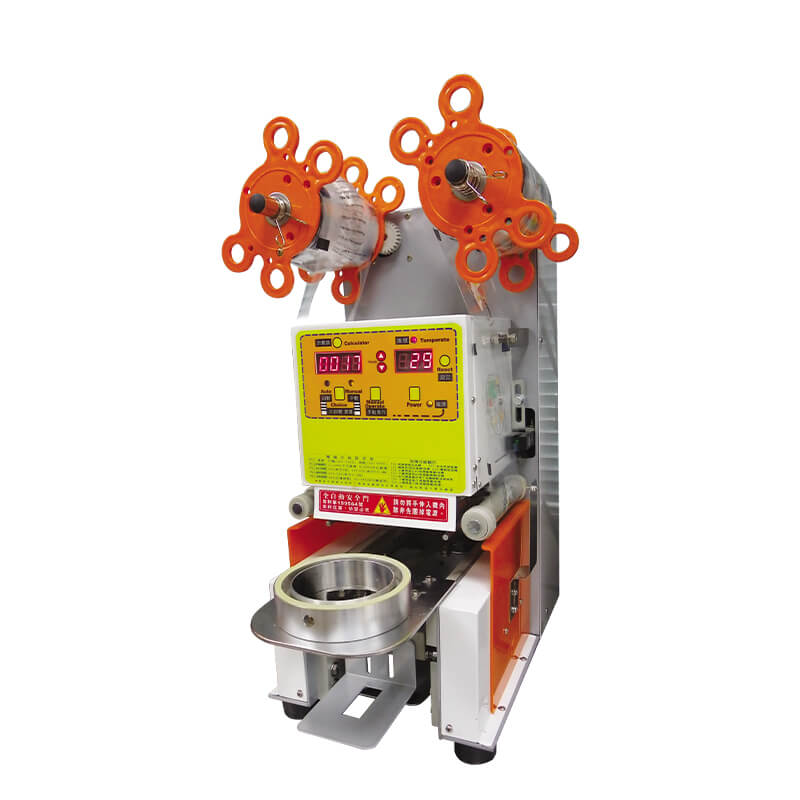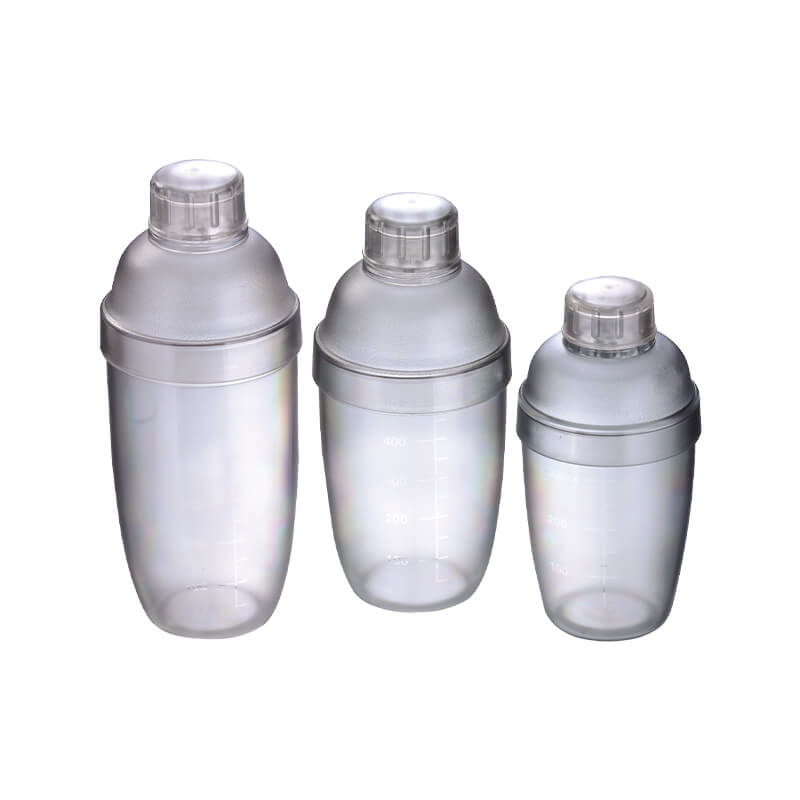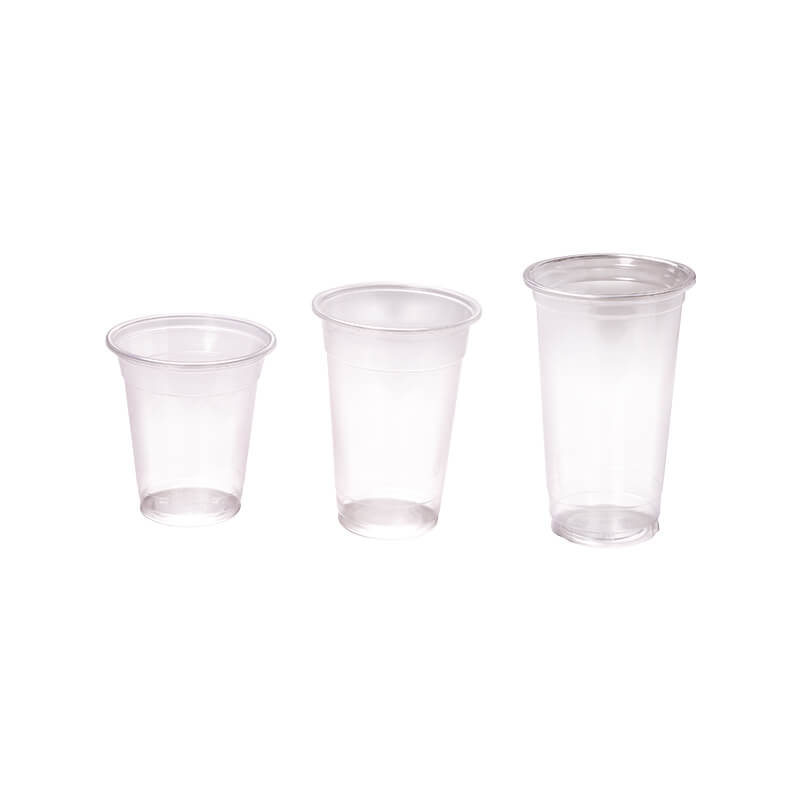Navigating the Import Process for Bubble Tea Ingredients
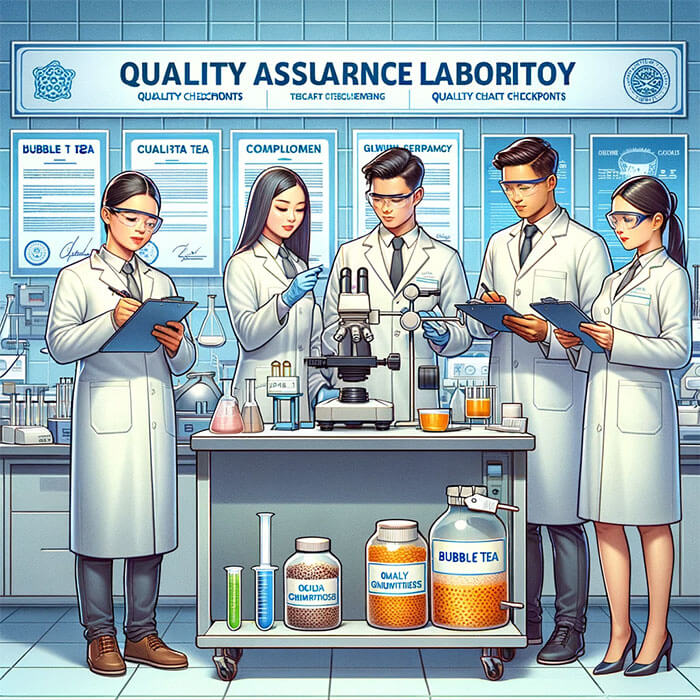
To our valued bubble tea shop owners, understanding the nuances of importing food products, such as tapioca pearls, tea leaves, and flavorings, is essential to ensuring the quality and consistency of your offerings. At Sunnysyrup, we not only provide top-tier ingredients but also share crucial insights to help you manage the import process effectively. Here’s an in-depth look at what you need to consider:
Regulatory Compliance
Navigating the world of food import regulations requires diligence and attention to detail. Different regions have their own set of standards and requirements which can be quite stringent. For instance:
In the United States: Compliance with the FSMA is non-negotiable. Additionally, the FDA may require prior notice before food shipments arrive in the country and has the authority to detain shipments that do not comply with U.S. regulations.
In the European Union: The General Food Law Regulation establishes the standards for food safety. Each shipment may be subjected to veterinary checks, and you must notify the appropriate authorities through the TRACES system.
In Asia: Countries like Japan and China have their own regulatory bodies, like the Ministry of Health, Labour and Welfare in Japan, which require specific health certificates and product testing.
In Australia: The Department of Agriculture, Water and the Environment has strict biosecurity controls and requires import permits for certain food items.
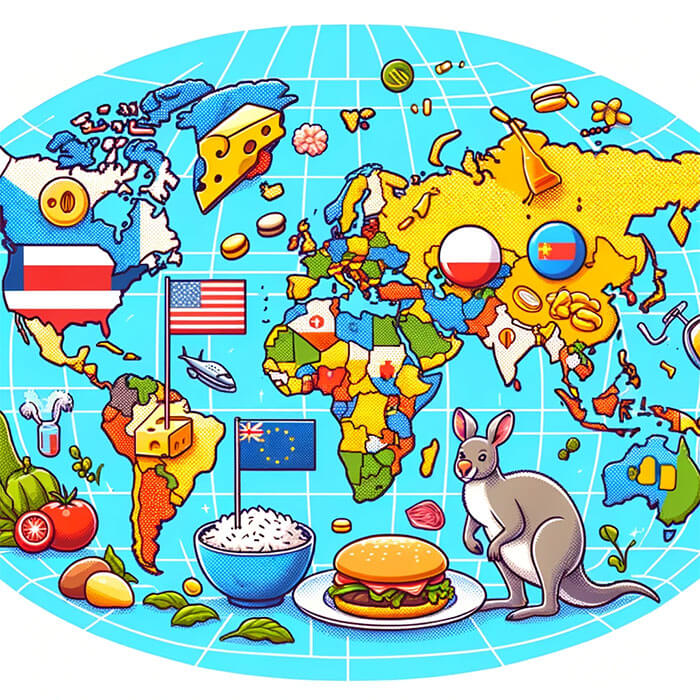
Make sure to understand and adhere to the labeling laws, nutritional information requirements, and any other specific product standards. The key to smooth customs clearance is in the details – accurate labeling, necessary certifications, and clear health inspections prior to shipping.
Customs Clearance and Inspections
Importing food is subject to more rigorous scrutiny than other goods. Customs clearance can be a major hurdle due to:
Documentation Requirements: You will need to provide a detailed list of contents, country of origin certificates, and possibly ingredient testing reports.
Inspections: Food imports are often randomly selected for inspection. In the U.S., the FDA’s Food Safety and Inspection Service (FSIS) inspects imported food products. Similar agencies exist in other countries, like the Canadian Food Inspection Agency (CFIA) in Canada.
It's not uncommon for shipments to be delayed due to these inspections, especially if there's any cause for concern regarding the safety or labeling of the products.
Risk Management
Preparing for the unexpected is a part of international trade. To manage the risks of importing bubble tea supplies:
Use a reputable customs broker who can navigate complex regulations and expedite the clearance process.
Invest in insurance to protect against loss due to damage or spoilage, especially when importing perishable goods.
Quality Assurance
To avoid the costly repercussions of non-compliance, implement a robust quality assurance process. Ensure your suppliers are credible and that their products meet the import standards of your region. If a shipment is rejected upon inspection, you need to have a plan for either returning the goods to the exporter or disposing of them according to the local laws.
At SunnySyrup, we are committed to making your import experience as seamless as possible. Understanding these regulatory landscapes and preparation nuances can save you time and protect you from unexpected costs. Our team stands ready to provide you with the finest ingredients and the knowledge to navigate these complex processes.
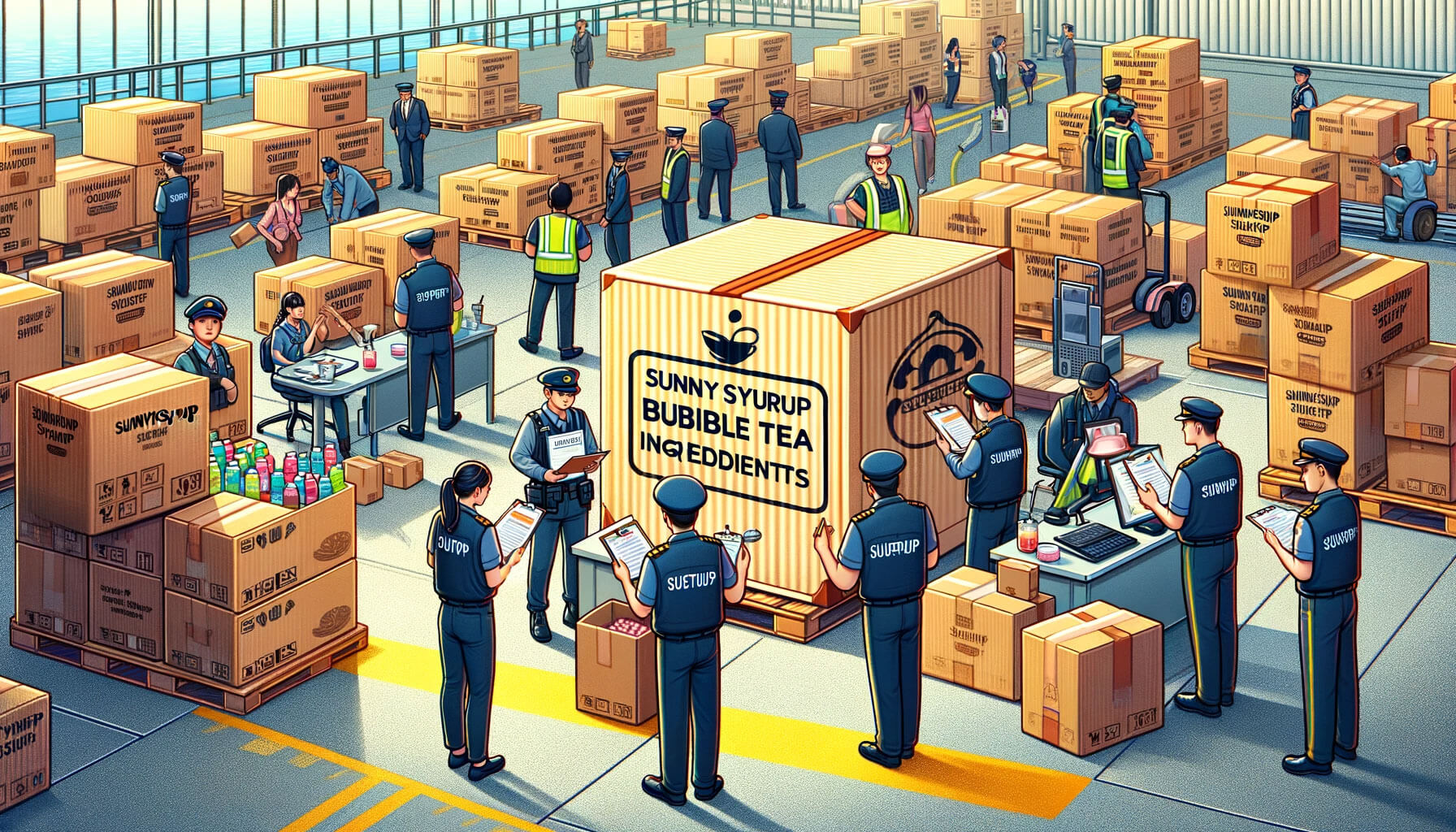

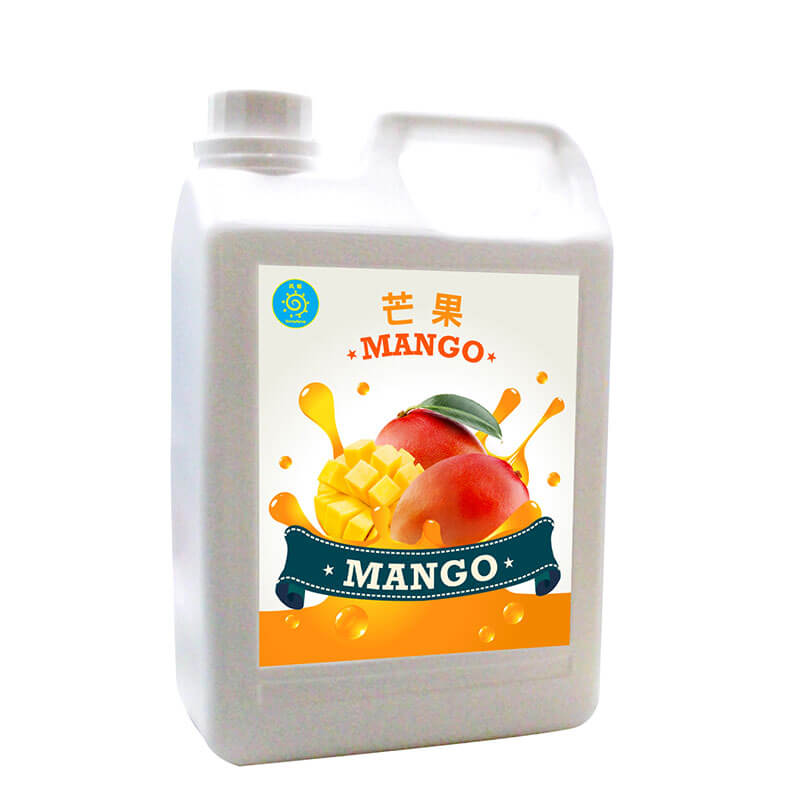
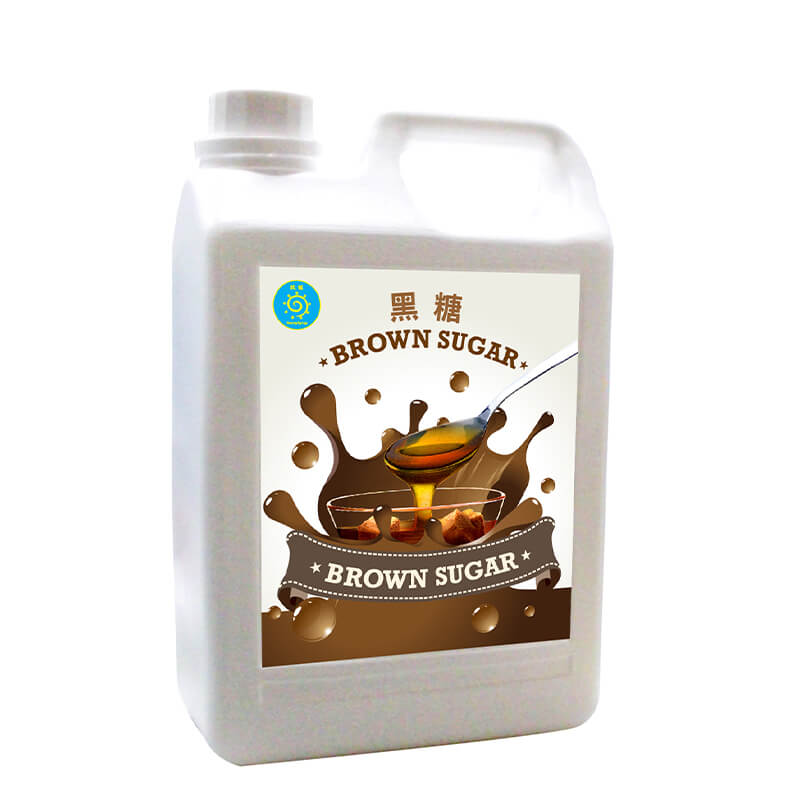
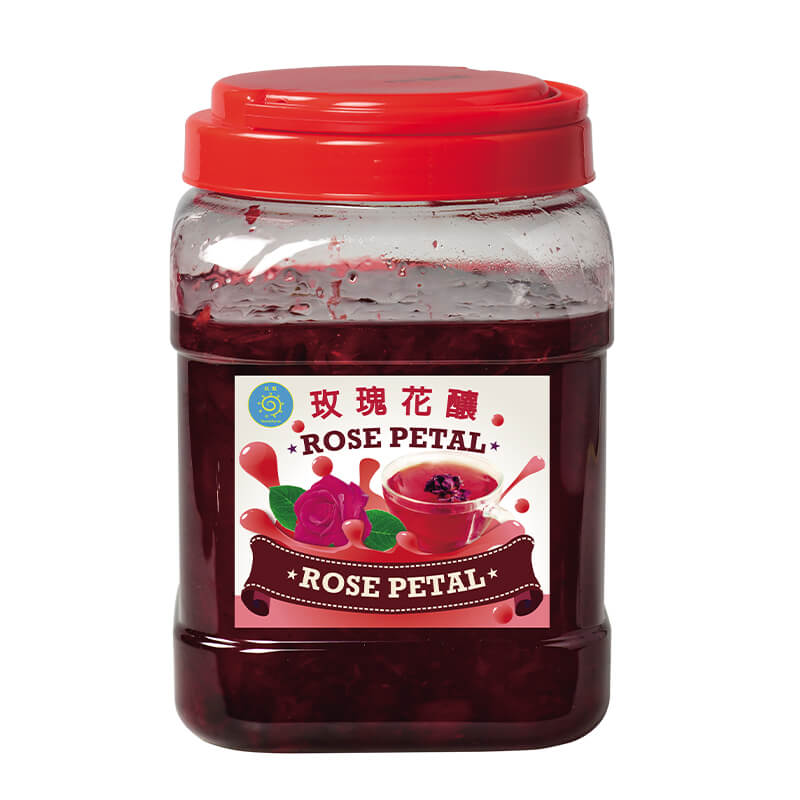
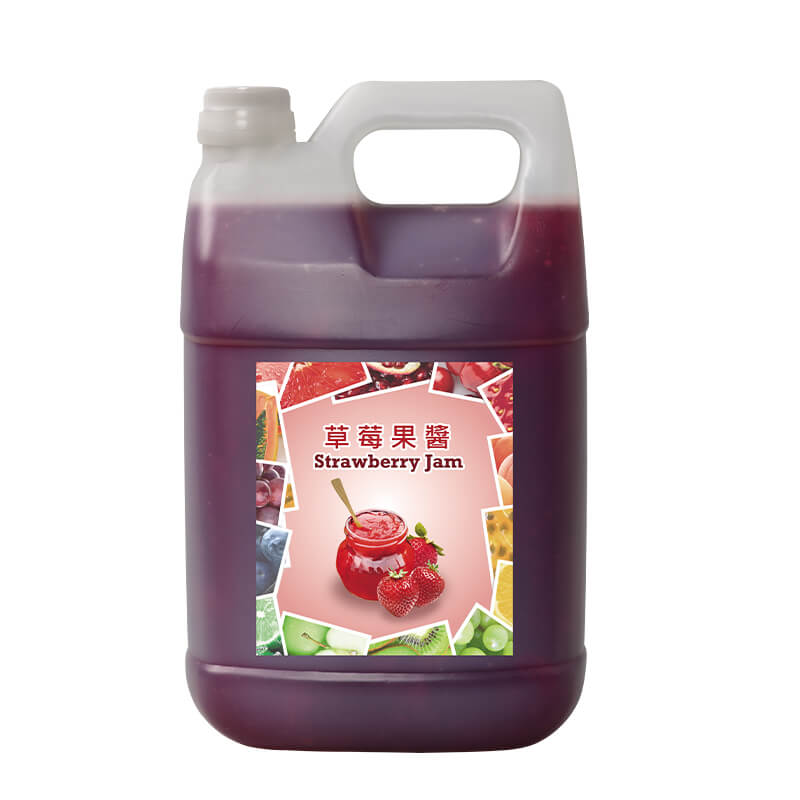
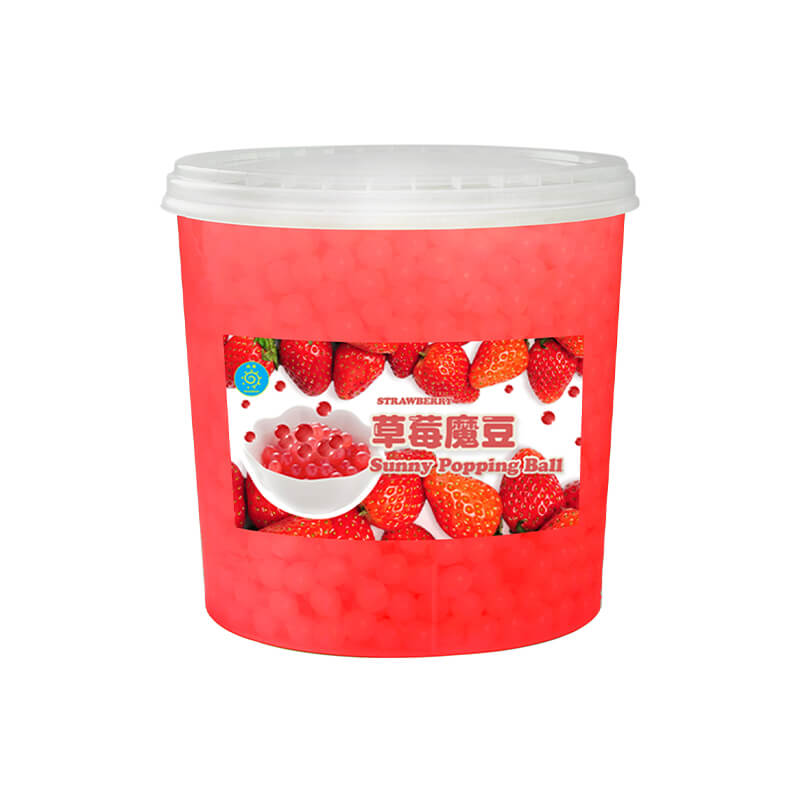
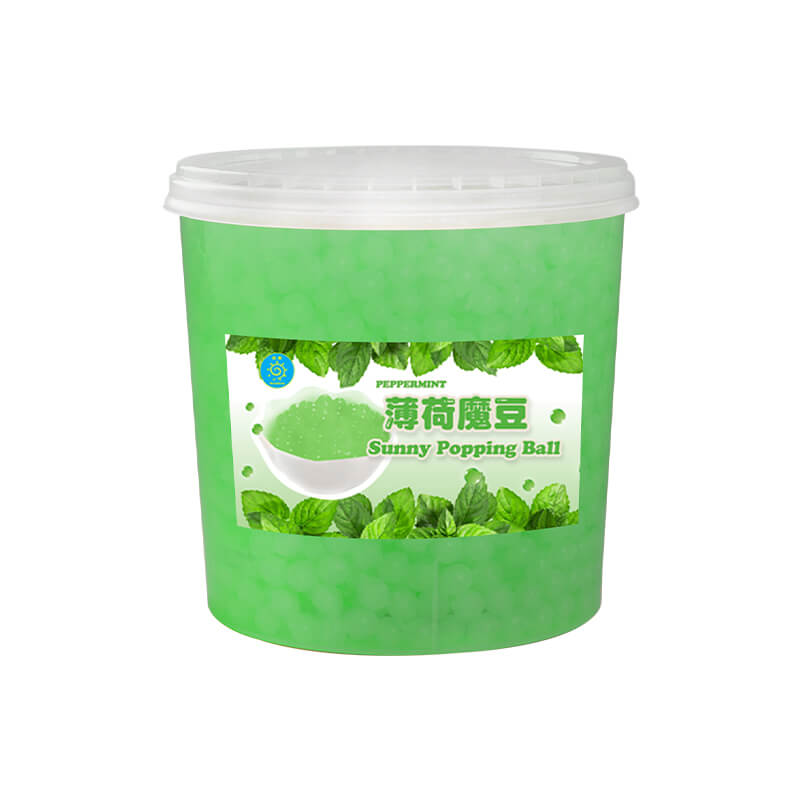

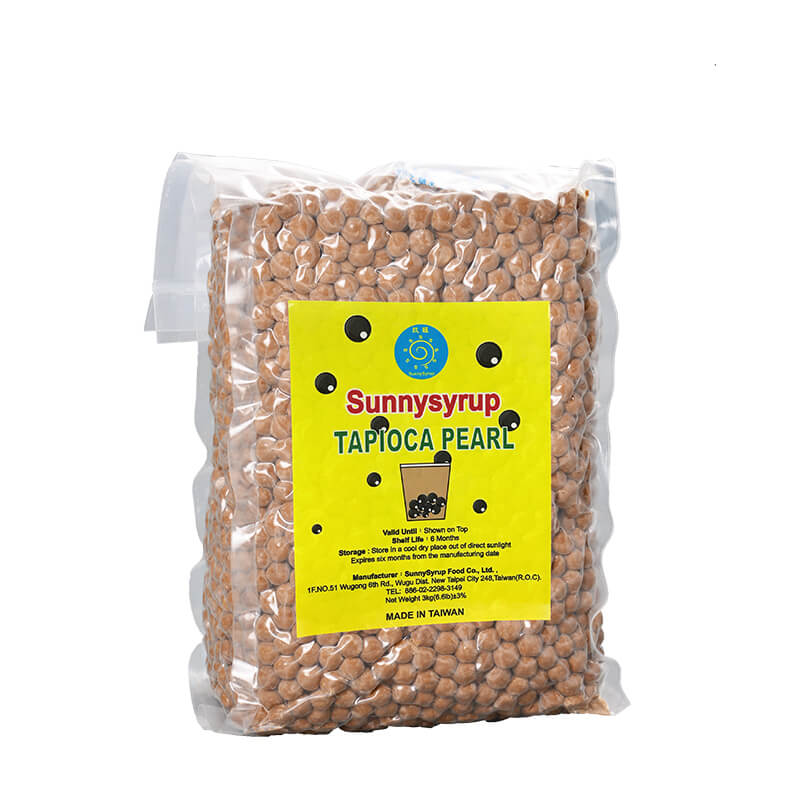
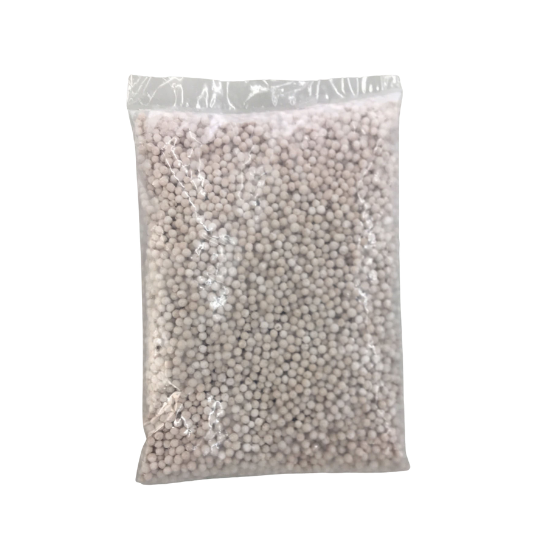
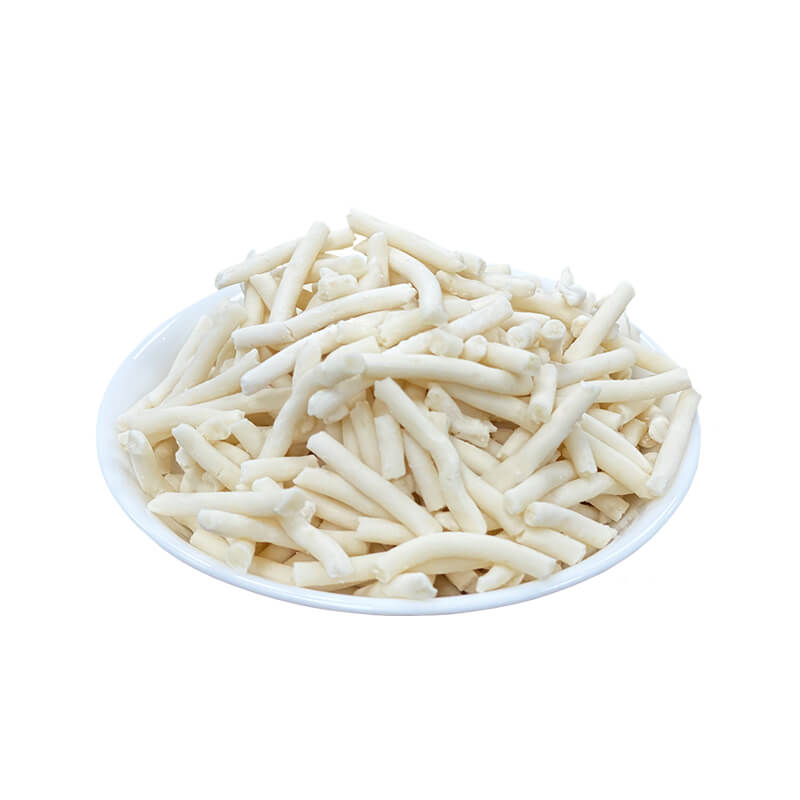
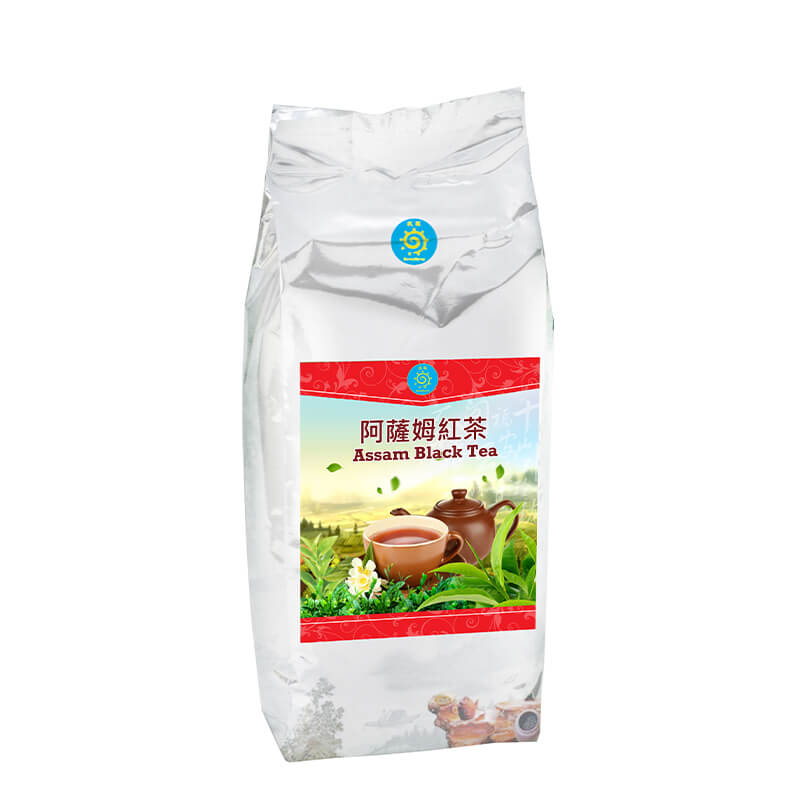
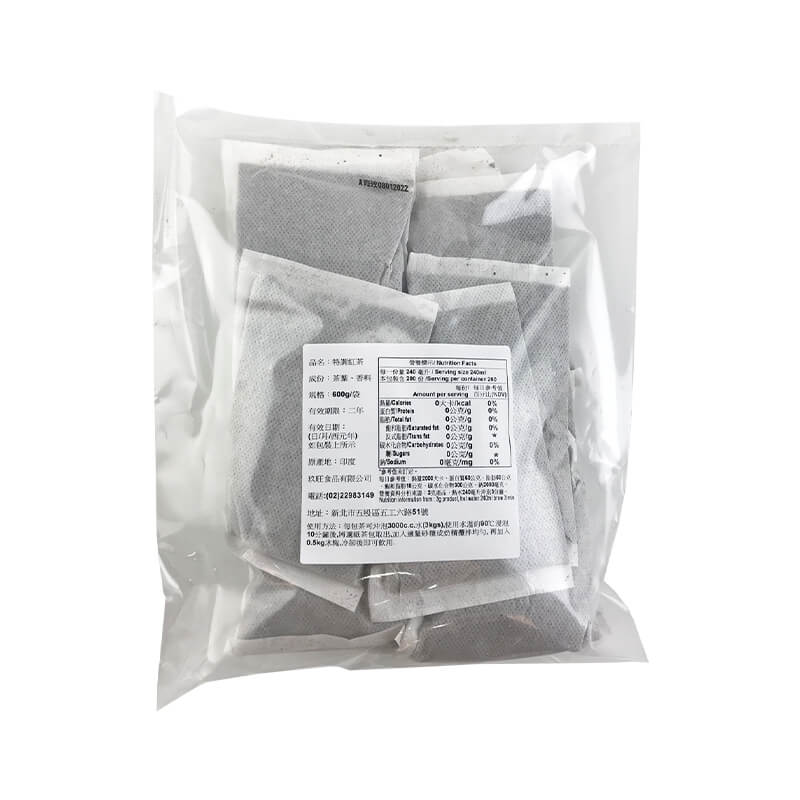
-1.jpg)
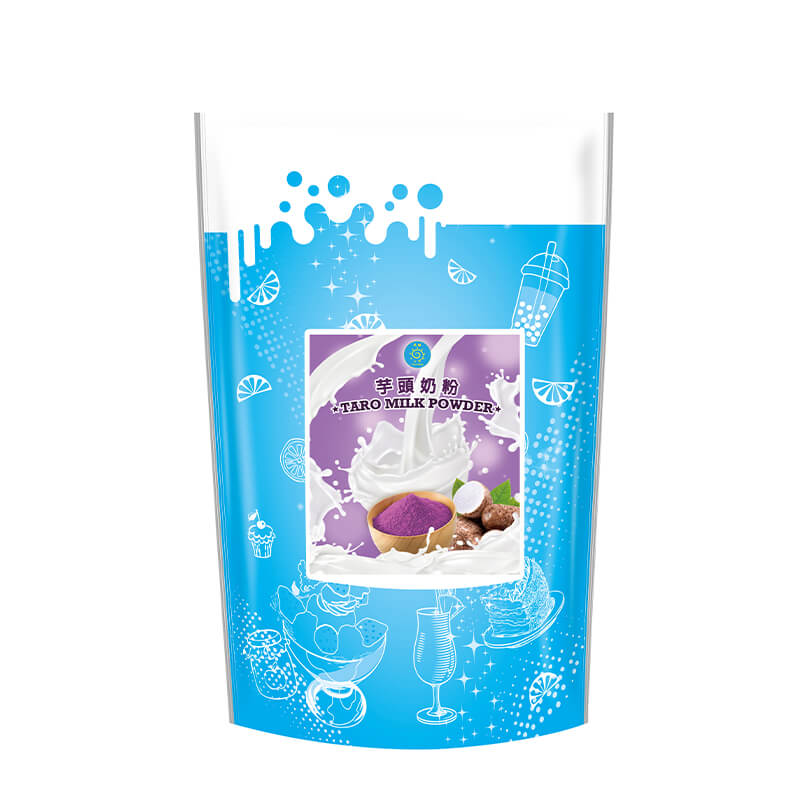
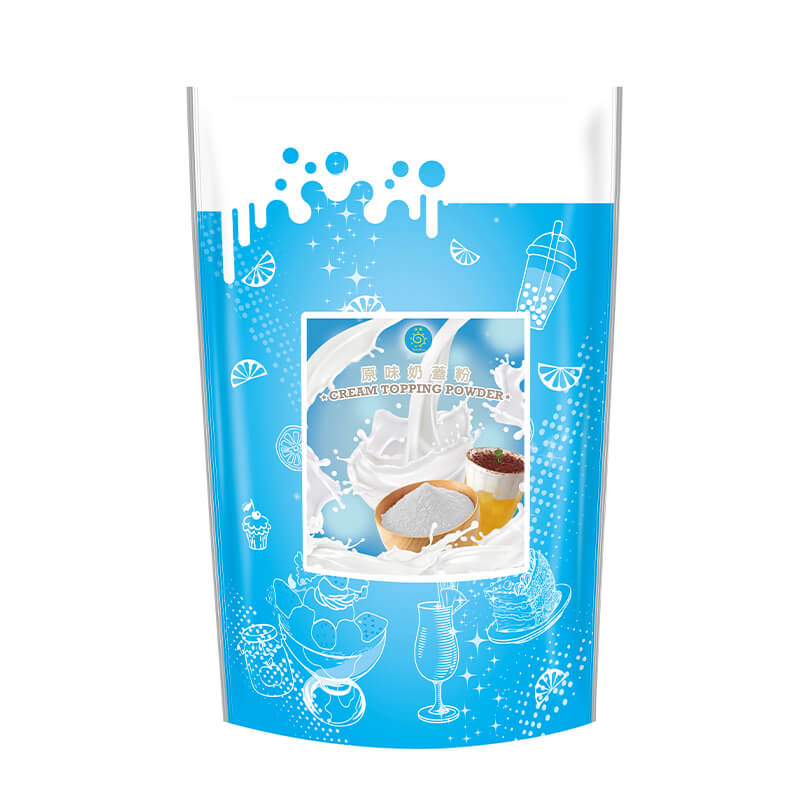
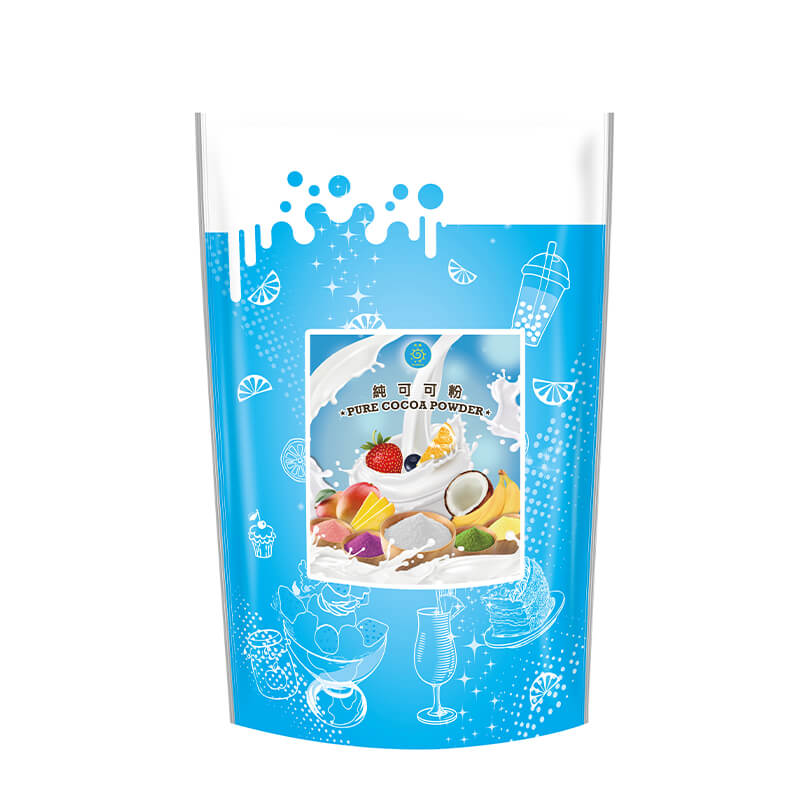
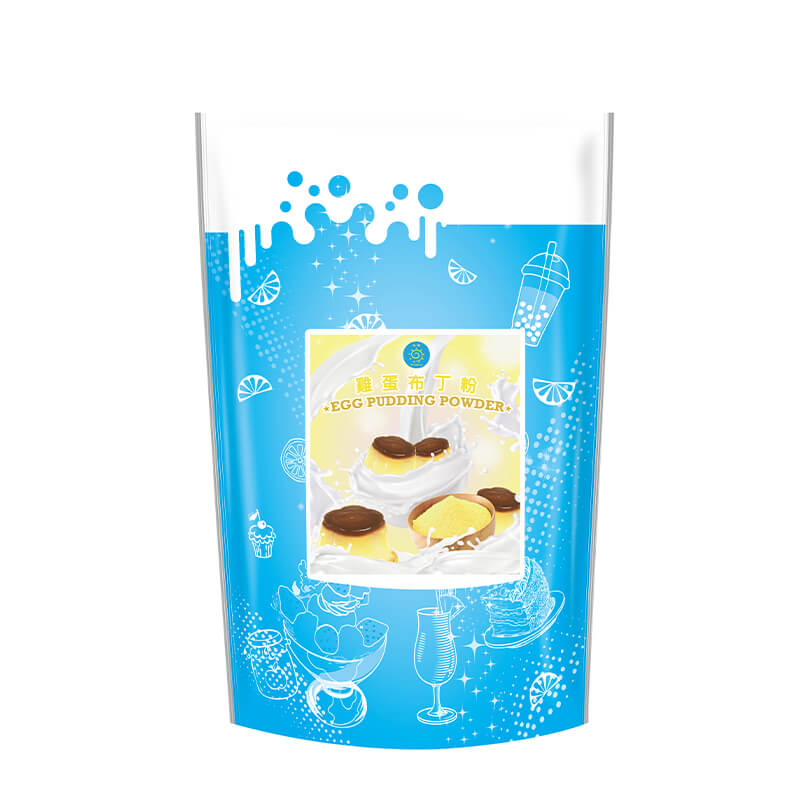
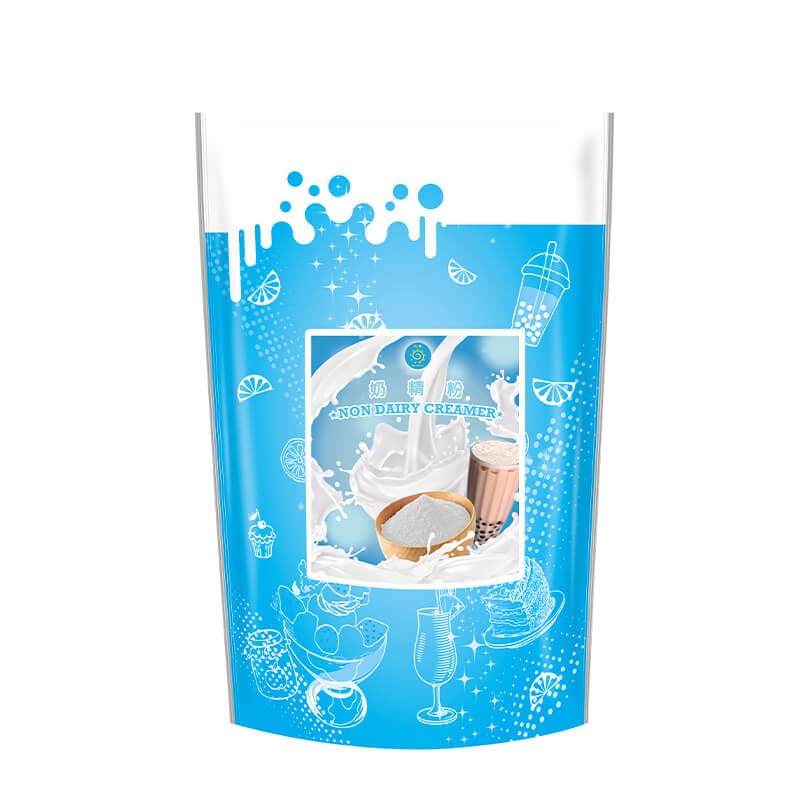
-1.jpg)
